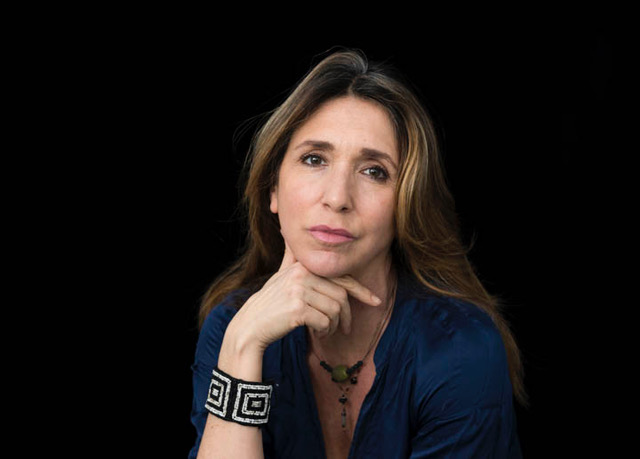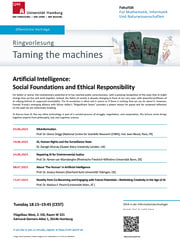Lecture on June 3, 2025
Misinformation
Prof. Dr. Gloria Origgi (National Centre for Scientific Research (CNRS), Institut Jean Nicod, Paris)
About the lecture [poster] [recording]
Misinformation and disinformation are, paradoxically, products of information-rich societies. As information circulates more freely and becomes readily accessible, our sense of certainty diminishes. This contradiction—that more information leads to less knowledge—lies at the heart of various epistemological inquiries regarding the roots of misinformation and disinformation.
In this talk, I will define misinformation and disinformation and examine their relationship to knowledge, truth, and information. These concepts are significant in philosophy but are often confused and misunderstood. Is information solely about truth? What is the connection between truth and information? Addressing these questions is essential for understanding the nature of misinformation and how to combat it.
Several factors have been identified as contributing to misinformation and disinformation, including: 1) social networks and their underlying algorithms, 2) political polarization, 3) propaganda, and 4) the fragmentation of the public sphere. Each factor influences the rise of misinformation in distinct ways, creating hostile environments that inhibit critical thinking and promote irrationality.
From an ethical standpoint, these new informational environments raise vital questions about freedom of thought and expression. Liberal societies are grounded in a strong ethical and political tradition that champions these freedoms, best articulated in John Stuart Mill’s 1859 work, On Liberty. Can absolute freedom of thought and expression coexist with information-saturated and polarized contexts? How can we regulate these freedoms without veering into censorship and inviting dangerous repercussions?
These questions outline the discipline of "political epistemology," which explores the epistemological foundations of democracy. Democracy is a normative theory centered on aggregating opinions formed by rational and autonomous individuals. The absence of these foundational conditions—rationality and autonomy—raises concerns about the survival and flourishing of modern democracies.
About the speaker
Gloria Origgi is a philosopher affiliated with the CNRS at the Institut Nicod in Paris. Her research focuses on social and political epistemology, particularly the effects of new technologies on trust and knowledge. She has examined the roles of trust and reputation in knowledge construction, the influence of emotions on politics and belief formation, and the relationship between truth and politics. Her publications include Qu'est-ce que la confiance? (VRIN, 2008), Reputation: What It Is and Why It Matters (Princeton UP, 2018), Passions Sociales (PUF, 2019), and La vérité est une question politique (Albin Michel, 2024). Origgi teaches at the École des Hautes Études en Sciences Sociales and Sciences Po in Paris and has served as a visiting professor at Columbia University in New York, Porto Alegre in Brazil, and in Bielefeld and Munich, Germany.

photo credit: PUF
Tuesday, 3. June 2025, 18:15-19:45 (CEST)
Address for joining us on-site:
Flügelbau West, 2. OG, Raum W221
Edmund-Siemers-Allee 1
20146 Hamburg

